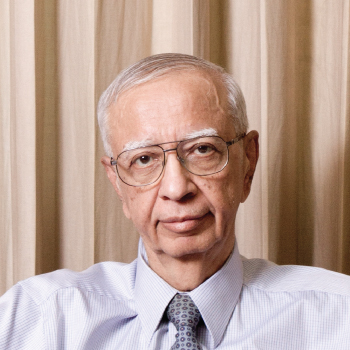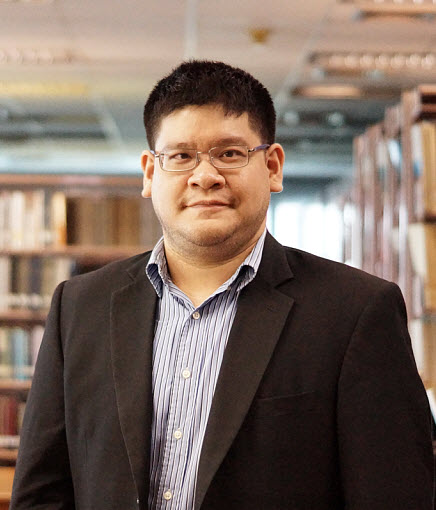Panel: Economy too diversified to prosper
Thailand must specialise in either manufacturing or the service sector if it wants to escape the middle-income trap, says the Thailand Development Research Institute (TDRI).
“Developing the economy to move past the middle-income trap could go in either of those directions but it must be based on investment in compatible technology,” TDRI research director Somchai Jitsuchon told an academic seminar on Thursday.
He said the choice was specialisation in manufacturing a la South Korea or the service sector such as in Singapore and the US.
TDRI research fellow Nonarit Bisonyabut said the choice was important, as each required different support policies — for example, the hospital and tourism sectors versus the manufacturing sector.
Mr Nonarit warned if Thailand tried to be good at everything, it ran the risk of not being good at anything.
In the past, Thailand failed to concentrate on a single area of its economy to be developed.
Telecommunications dominated from 2000-05 and electronics and electrical appliances from 2005-10.
No one industry has dominated development efforts in the long run.
“Thailand is still not good at anything but continues to shift around. If this continues, it will be diversified, and without an adjustment the country will remain a middle-income one,” said Mr Nonarit.
But to support specialisation, the local labour market must be scrutinised.
“In Thailand, most labour is located in the informal sector. It’s not necessarily bad that they’re self-employed, but it is bad that informal labour is insufficiently efficient,” said economist Ammar Siamwalla, who holds the post of distinguished scholar at the TDRI.
He said the difficulty in attracting both informal and formal workers was due to a lack of human resource investment by employers.
“Wages were largely stagnant before the daily minimum wage was increased to 300 baht, and this is partly why some who qualify for the formal sector are not moving,” Mr Ammar said.
But the advantage in the formal sector is personal development, as people improve at doing the same job.
Compared with those in the informal sector, jobs are changed often, Mr Ammar said.
He said studies consistently indicated people could escape poverty after the equivalent of three generations in the formal sector or with a steady income.
But investment in technology to improve workers’ productivity in the formal sector must also continue.
Thailand becoming an ageing society also needs to be addressed along with the labour situation.
TDRI research fellow Jirawat Panpiemras said having more elderly would worsen the labour shortage if migrant workers could not be brought in.
The twin problems must be addressed simultaneously by convincing people to work longer before retiring, improving production efficiency and investing in technology, he said.
____________________________
First published: Bangkok Post, September 29, 2014



